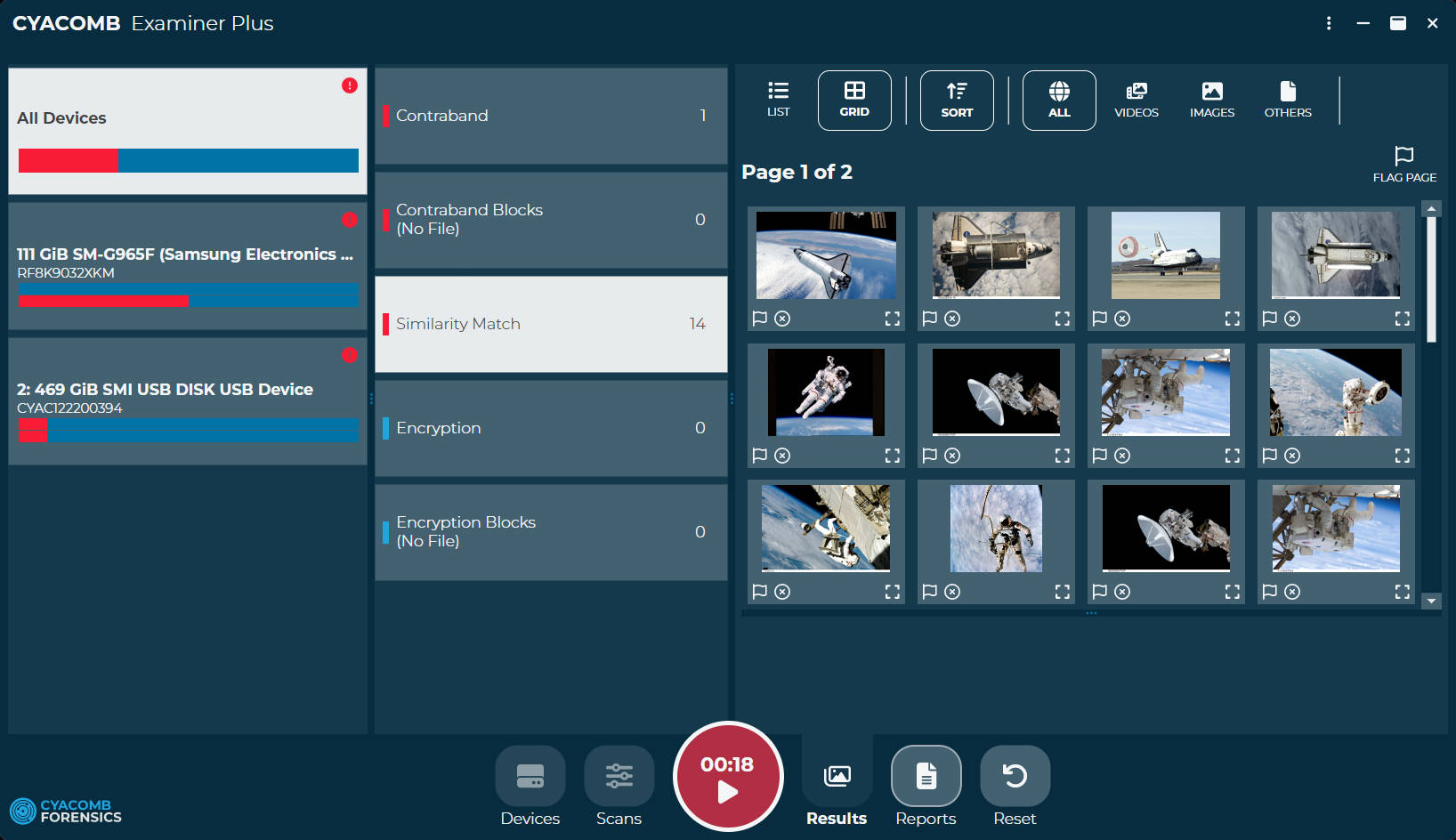UK satellite set to enhance maritime security

Above: A satellite developed by the UK business Horizon Technologies is on schedule for launch in mid-2025.
Courtesy Horizon Technologies
The Amber-2 Maritime Domain Awareness (MDA) Satellite will play a key role in detecting ‘dark vessels’ at sea, such as those involved in illegal immigration, illegal fishing activities, drug smuggling, ship-to-ship transfers of goods and evading sanctions.
The development of the satellite is supported by a £1.2 million investment from the UK Space Agency. The wider Amber Programme has been designed to meet the MDA requirements of the Royal Navy via the Joint Maritime Security Centre (JMSC) in Portsmouth.
The follow-on satellite Amber-3 is also progressing, with UK company Horizon Technologies currently accepting industry-wide proposals from potential spacecraft/bus suppliers for the build, and a targeted launch date of late 2025.
The Amber satellites work by detecting radio frequency (RF) signals enabling the identification of satphones and navigation radars, so when vessels engaged in illegal activities turn off their Automatic Identification System (AIS) they can still be tracked. Over the past year, several governments have been testing the Horizon Technologies Amber’s Signal Acquisition System with impressive results.
A single tower-mounted variant called AmberPersistent can collect RF signals (L/S/X band emitters) up to three million sq/km with real-time 4/7 coverage, essential for tracking vessels carrying out illicit activities. In the past quarter, Horizon technologies has received substantial AmberPersistent orders from NATO and non-NATO governments.
Matt Archer, UK Space Agency Director of Launch said: "The successful progress of the Amber-2 satellite by Horizon Technologies demonstrates the UK’s leadership in advancing space-based solutions for global maritime security. By detecting hard-to-track vessels, Amber-2 will play a pivotal role in safeguarding international waters from illegal activities.
"We’re looking forward to seeing the satellite launch next year, and to continuing our collaboration with industry on cutting-edge technologies that deliver real-world benefits. Supporting projects like the Amber Programme not only enhances security but also creates high-skilled jobs and fosters innovation across the UK."
Space-based RF collection will be particularly effective for open-ocean detection, while shore-based systems can cover some signals/bands up to 1,000 km, and provide real time persistent coverage within a nation’s Exclusive Economic Zones (EEZs).
Horizon Technologies CEO John Beckner said: "The RF Earth Observation market is developing in a path analogous to AIS tracking. The RF signals collection market will likely be a combination of terrestrial systems and space-based data.
"All you need is a secure coastal site, power, and an internet connection."
Horizon Technologies is a small business headquartered in Reading, Berkshire and is a global leader in innovative signals intelligence and space-based Maritime Domain Awareness (MDA) intelligence solutions.











